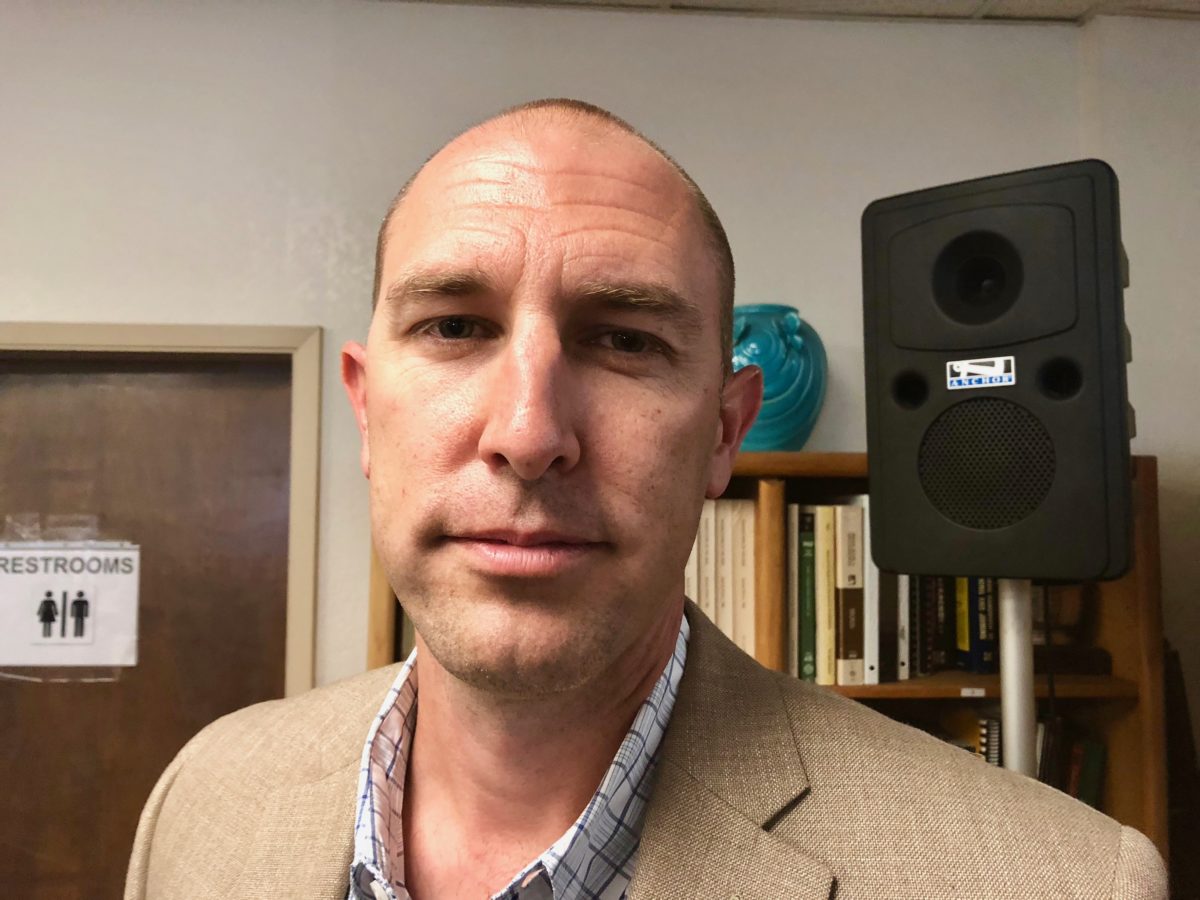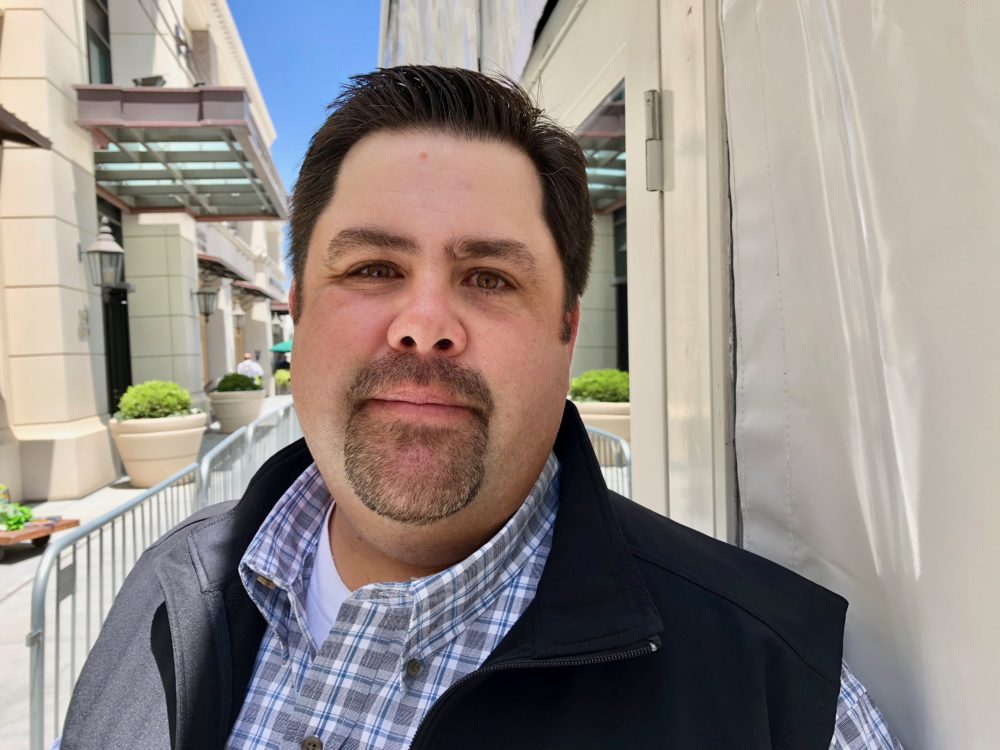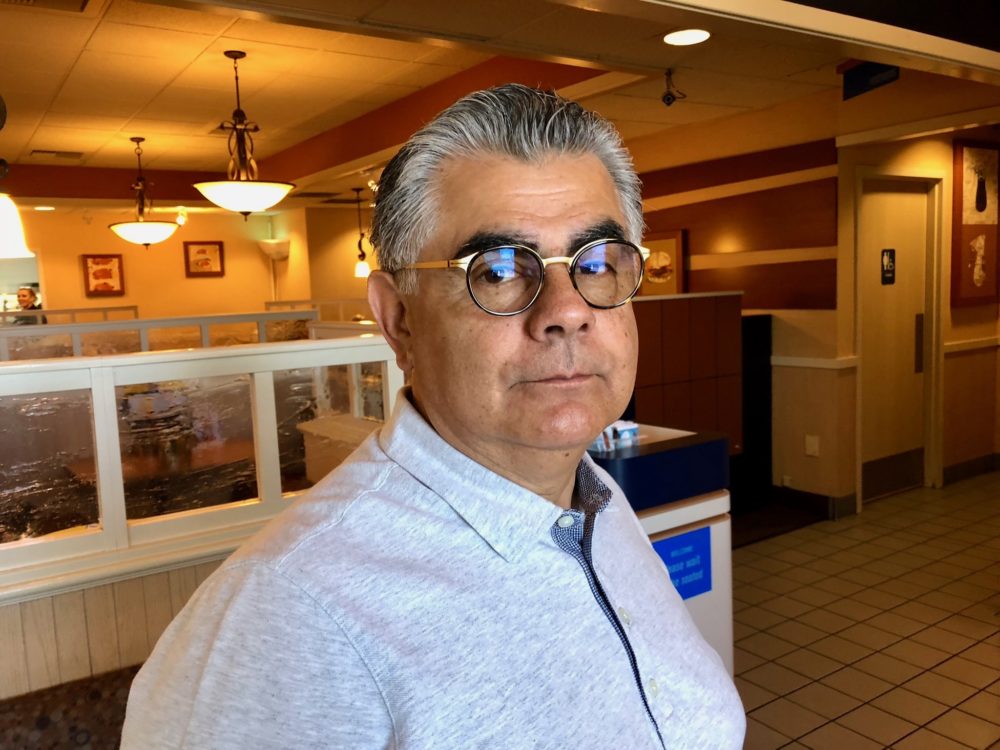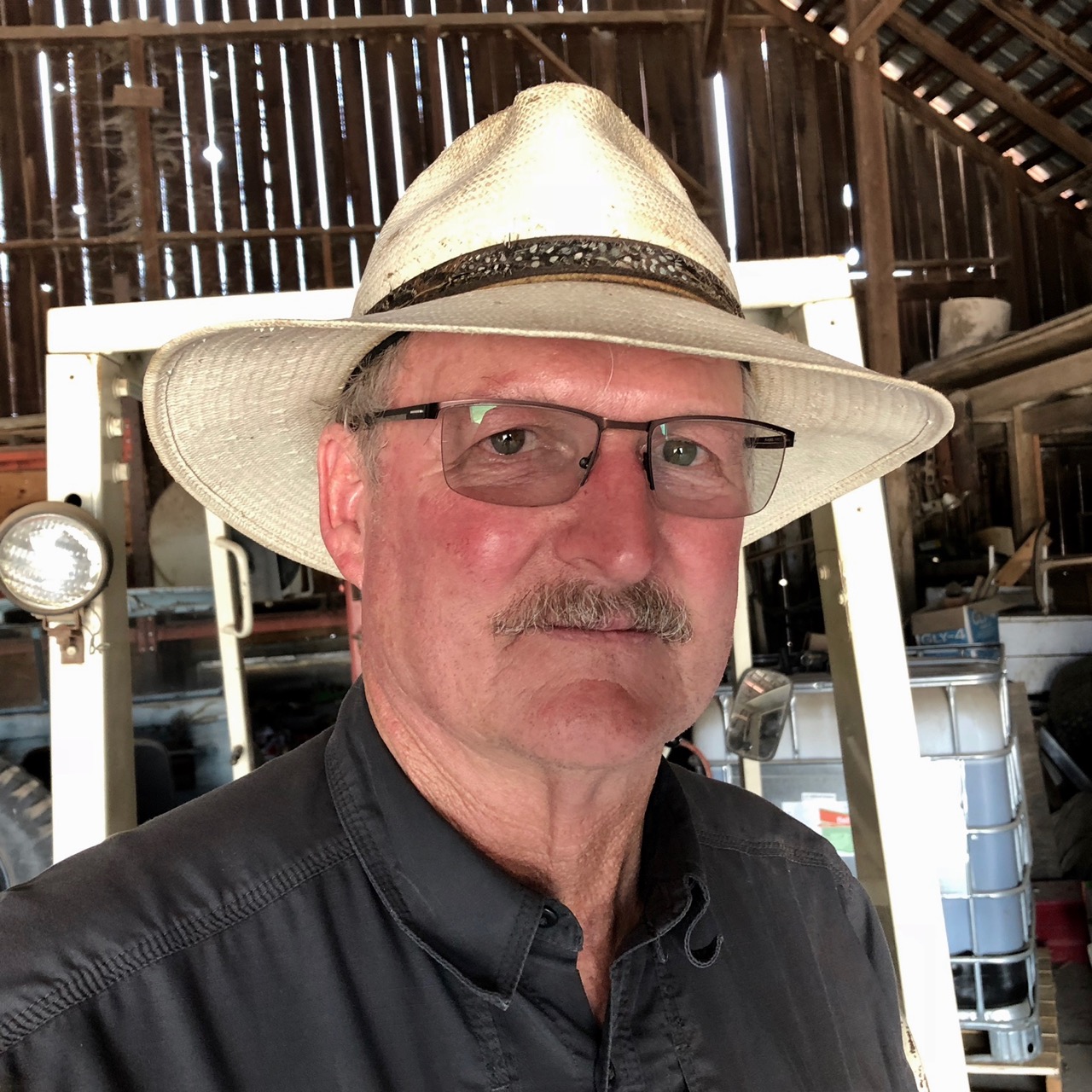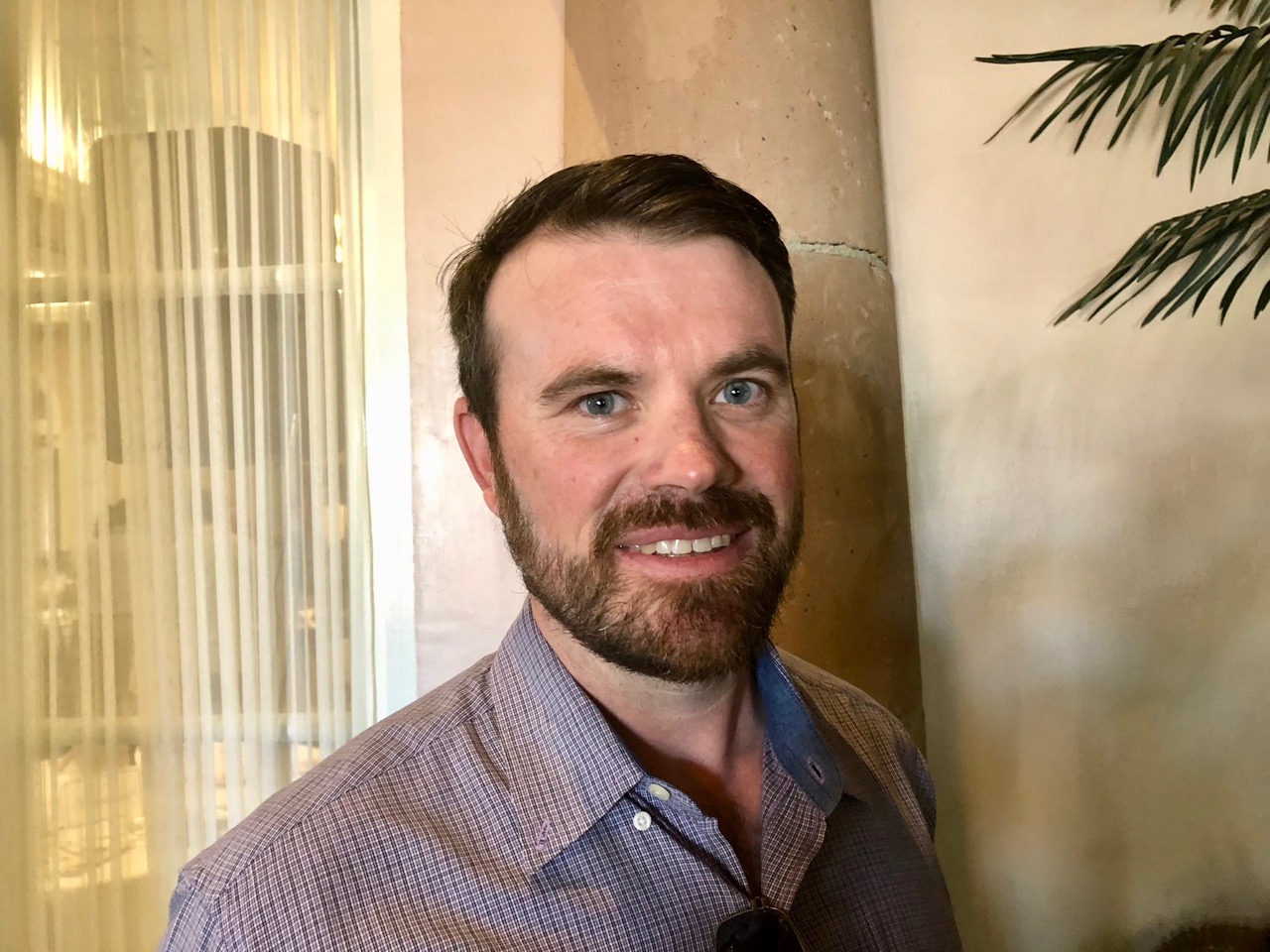Surface Water is the Key to SJV Farming Future
Water Projects Were Built to Deliver Surface Water to Farmers
By Patrick Cavanaugh, Editor
Water is always a concern while farming on the west side of the San Joaquin Valley. Daniel Hartwig is the resource manager of Huron-based Woolf Farming and Processing. The company is a multi-generation and multi-crop farming business. Hartwig explains how monitoring and being proactive helps them stay ahead of some of the water issues.
“Like everybody, we’re concerned that there’s not going to be enough water to do everything we’re currently doing,” Hartwig said. “I think we’re just waiting to see and trying to be proactive and get ahead of a lot of these water issues, but at the same time, we’re monitoring it and hopeful that there will be more surface water to make up for what we might be stopped from pumping.”
Not having surface water is a big problem on the west side.
“The entire reason the California Aqueduct and other canals were built was to have surface water to mitigate against the issues they had back in the twenties, thirties, and forties. Back before there was surface water available,” Hartwig explained.
Hartwig said he thinks that President Trump’s memorandum could be helpful.
“Anything that’s going to help give us water and allow it to be more reliable is very helpful. However, the issue is timing and … anything that’s going to take more time is more water loss, and that creates a struggle for all of us,” he explained.
“Regarding pump drilling, there are always discussions going on, but I don’t think we’re at the point yet where we can make any of those decisions just because we don’t know for sure what’s … going to come down the pipeline,” Hartwig said. “We’re evaluating, and we’re monitoring, and trying to be involved in these groundwater sustainability plan (GSP) discussions.”
Again, having surface water is the key to the future, noted Hartwig.
“The lack of surface water is a huge problem. I mean, we would not have to pump as much groundwater if we were able to get as much water as we are supposed to be receiving from the state and federal water projects,” Hartwig said.

